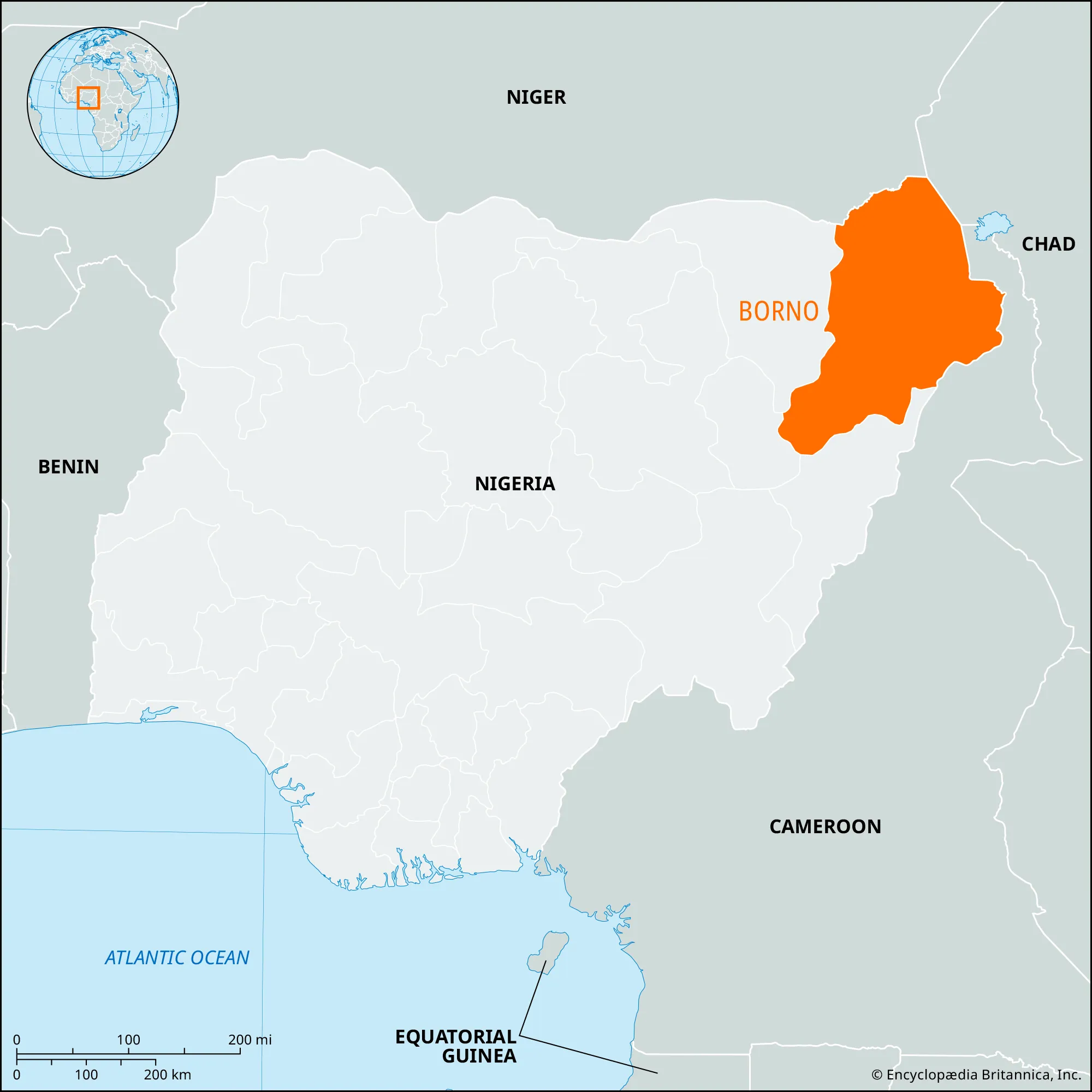Dozens Killed in Boko Haram Attack on Borno Village Amid Security Lapses

By Kamal Yalwa: BORNO STATE, NIGERIA – September 6, 2025
At least 55 people, including six soldiers, have been killed in a brutal attack on the village of Darul Jama in northeastern Nigeria’s Borno State, as concerns mount over renewed Boko Haram activity and the government’s policy of returning displaced civilians to vulnerable areas.
Eyewitnesses and local officials said the assault occurred late Friday night when suspected Boko Haram fighters stormed the village on motorbikes, opening fire on residents and torching homes. The attack targeted a community near Nigeria’s border with Cameroon, where many families had only recently resettled after years in displacement camps.
Estimates of the death toll vary. While a government-aligned militia commander, Babagana Ibrahim, confirmed 55 fatalities to AFP, the village’s traditional leader told Reuters that at least 70 bodies had been recovered by Saturday morning, with more residents missing in the surrounding bush.
“They went house to house, killing men and leaving women behind. Almost every household is affected,” the traditional leader said, speaking anonymously for security reasons.
Over 20 houses and 10 vehicles were destroyed in the assault.
According to survivors, the military was warned three days in advance about the gathering of Boko Haram fighters in the area but failed to act.
“They overwhelmed the soldiers, who fled with us to Bama,” said Babagana Mala, a resident who escaped the attack by fleeing 46km to the town of Bama.
Many of the victims were among recently relocated families from a displacement camp at Bama’s Government Secondary School, which the authorities had shut down earlier this year as part of a broader resettlement policy.
“The government told us we would be safe here,” said Hajja Fati, a mother of five who lost her brother in the attack. “Now we are burying our people again.”
The massacre has reignited debate over Nigeria’s strategy of closing internally displaced persons (IDP) camps and relocating civilians back to rural communities—areas that remain targets for militant groups.
Boko Haram has been waging an insurgency in Nigeria’s northeast since 2009, seeking to establish an Islamic caliphate. The conflict has killed over 40,000 people and displaced more than two million, mostly in Borno, Yobe, and Adamawa states. A splinter group, the Islamic State West Africa Province (ISWAP), broke away in 2016 and has been increasingly active.
According to Good Governance Africa, a nonprofit tracking insecurity in the region, there were approximately 300 attacks in the first half of 2025, mostly by ISWAP, resulting in around 500 civilian deat
A security source told AFP that the Darul Jama assault was likely led by Ali Ngulde, a notorious Boko Haram commander believed to operate in the region near the Cameroon border.
Despite intensified military operations in Borno State, including airstrikes and ground patrols, communities continue to face high risks from armed groups operating across forested terrain and porous borders.


